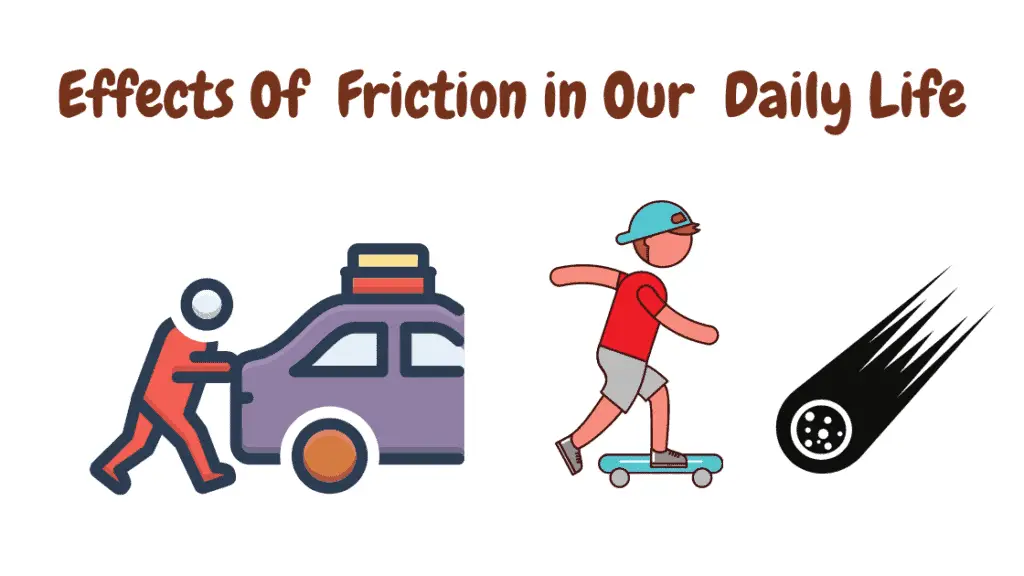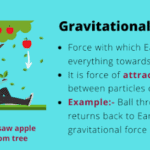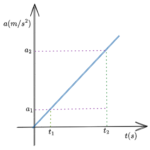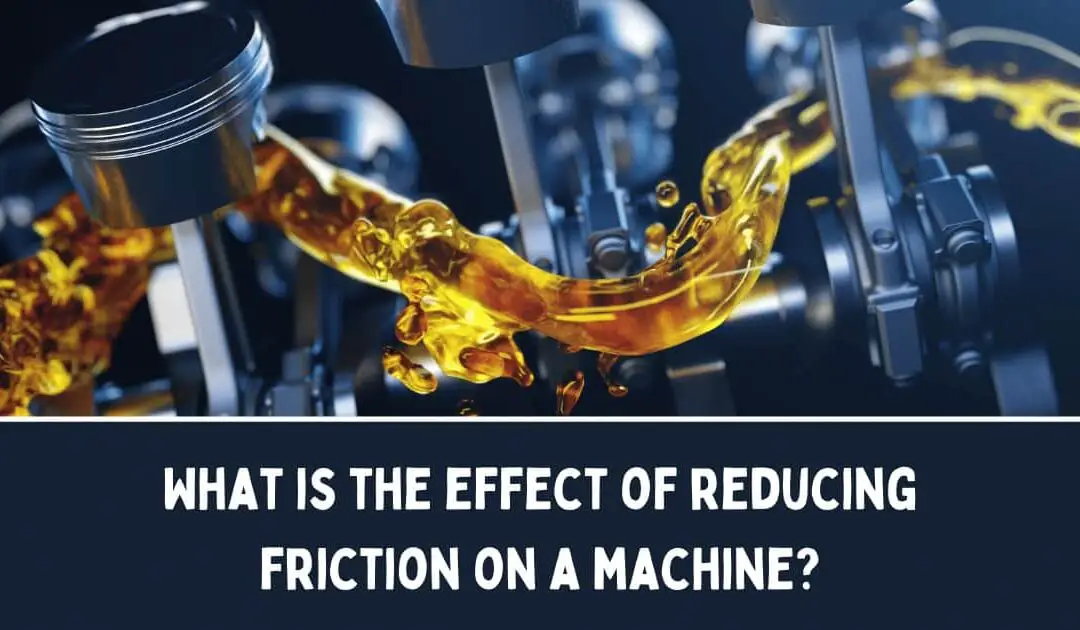Friction can be defined as a force that tends to resist things from moving over any surface with which it is in contact. This happens due to small irregularities that every surface possesses no matter how much it is smoothened. To say in a nutshell, friction can be reduced but can never be eliminated. Friction is popular for wearing things down over time but on the other side, it is also a much-required phenomenon to get all of our tasks done. As every coin has two sides, friction also has its own advantages and disadvantages.

Advantages of Friction:
Let us first have a look at Why is friction important in our daily life through some of the advantages friction has to offer.
- We all can stand, walk and remain stable because of friction. If friction had not been there, we would slide until we reach some lower point (where our potential energy is minimum) due to gravity.
- Things move because there is friction between them and the ground. Things will hardly move in the desired direction without friction.
- Asteroids coming down to earth often get burnt before reaching our earth due to friction. No species could have survived long enough if these collisions became unavoidable.
- Car brakes are able to stop the vehicle due to the friction that arises between the wheel and the brakes. Without it, travelling through any vehicle would be meaningless.
Disadvantages of Friction
Friction is not always advantageous. It does have some disadvantages. Some of the disadvantages of friction are
- The surfaces subjected to frictional forces experience wear and tear. Unnecessary heat is produced which deteriorates the life of the material further. The best example is that we need to change our shoes or sandals as they get weared while they are in contact with the ground.
- Extra energy is needed by components to overcome frictional forces. The drag due to wind on a moving car prompts the vehicle to use more fuel to overcome the opposing wind force.
- A lot of money goes into reducing friction in machine parts by greasing, oiling and lubricating components in order to increase their life.
- Friction is also responsible for generating and dissipating the useful energy into sound energy.
How to reduce friction
It is sometimes required to reduce the effect of friction in certain cases. The methods through which friction can be reduced if not eliminated are
1. Polishing Surface:
The root cause of friction is the roughness present on the surface of a material which is to be subjected to rubbing with some another material. Therefore smoothing the surface should be the first step that needs to be taken to reduce friction. A surface can be smoothened by polishing it gradually using various available techniques.
2. Lubrication:
Machine components have to operate at much higher speeds and cannot be just polished as it will eventually gain that roughness while running again. These components are dealt with by introducing lubricants. Another advantage of lubricants with reducing friction is that it also helps to keep the temperatures down and cools the machine components efficiently.
3. Rolling phenomenon:
Wheel was an invention that led mankind to exponential progress and it was due to its ability to make things move faster. It basically reduced friction to much lower levels than it was produced in transporting things before that. We know that,
Static Friction > Sliding Friction > Rolling Friction
As rolling offers the minimum resistance among all, implementing it wherever possible can dramatically reduce the frictional force.
4. Streamlining objects: (for fluid interactions)
Objects travelling through fluids such as boats, ships and airplanes can be shaped streamline as it would help reduce the amount of drag they are countering.
Conclusion
With the things that we observed, friction cannot be termed only as a foe to our society as the advantages it has are lot. There are almost no things that can be achieved in its absence. It is more of an unnecessary evil we all need.





